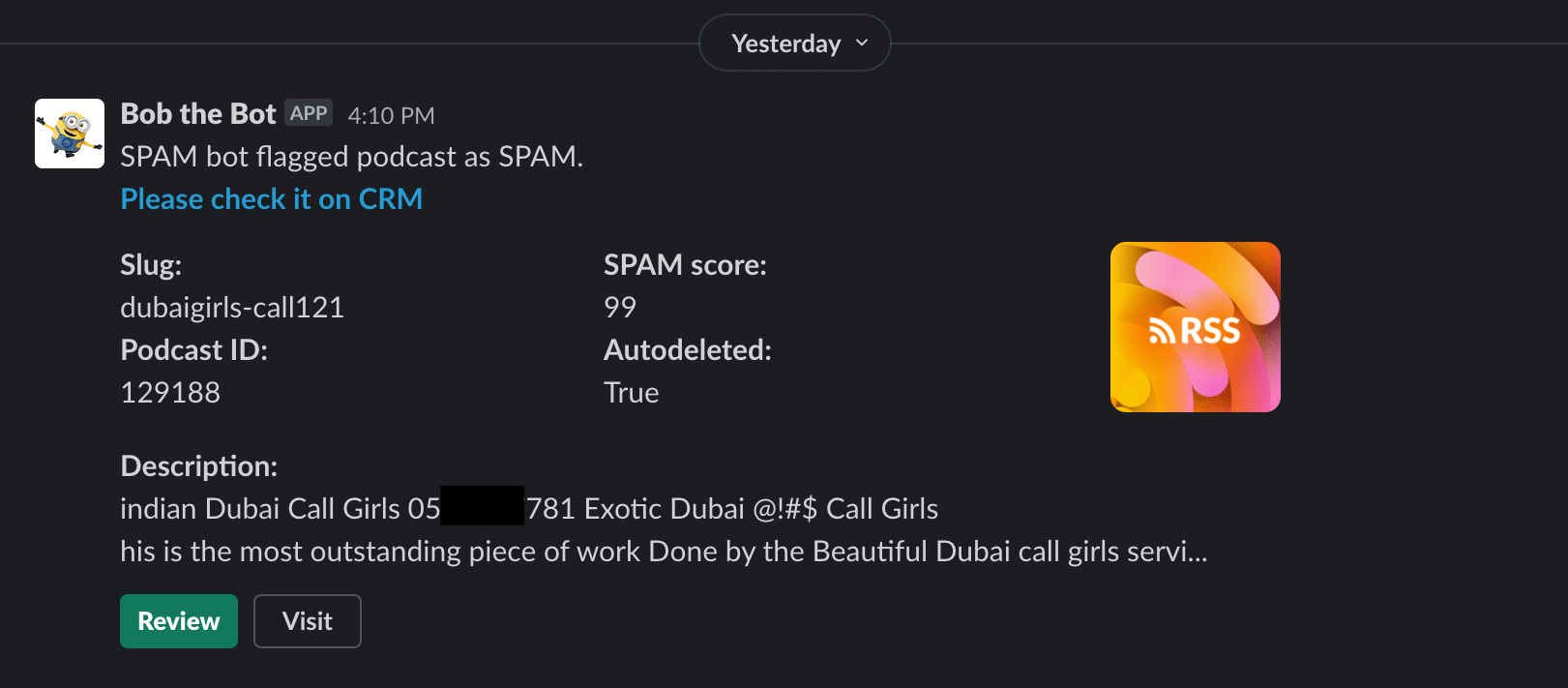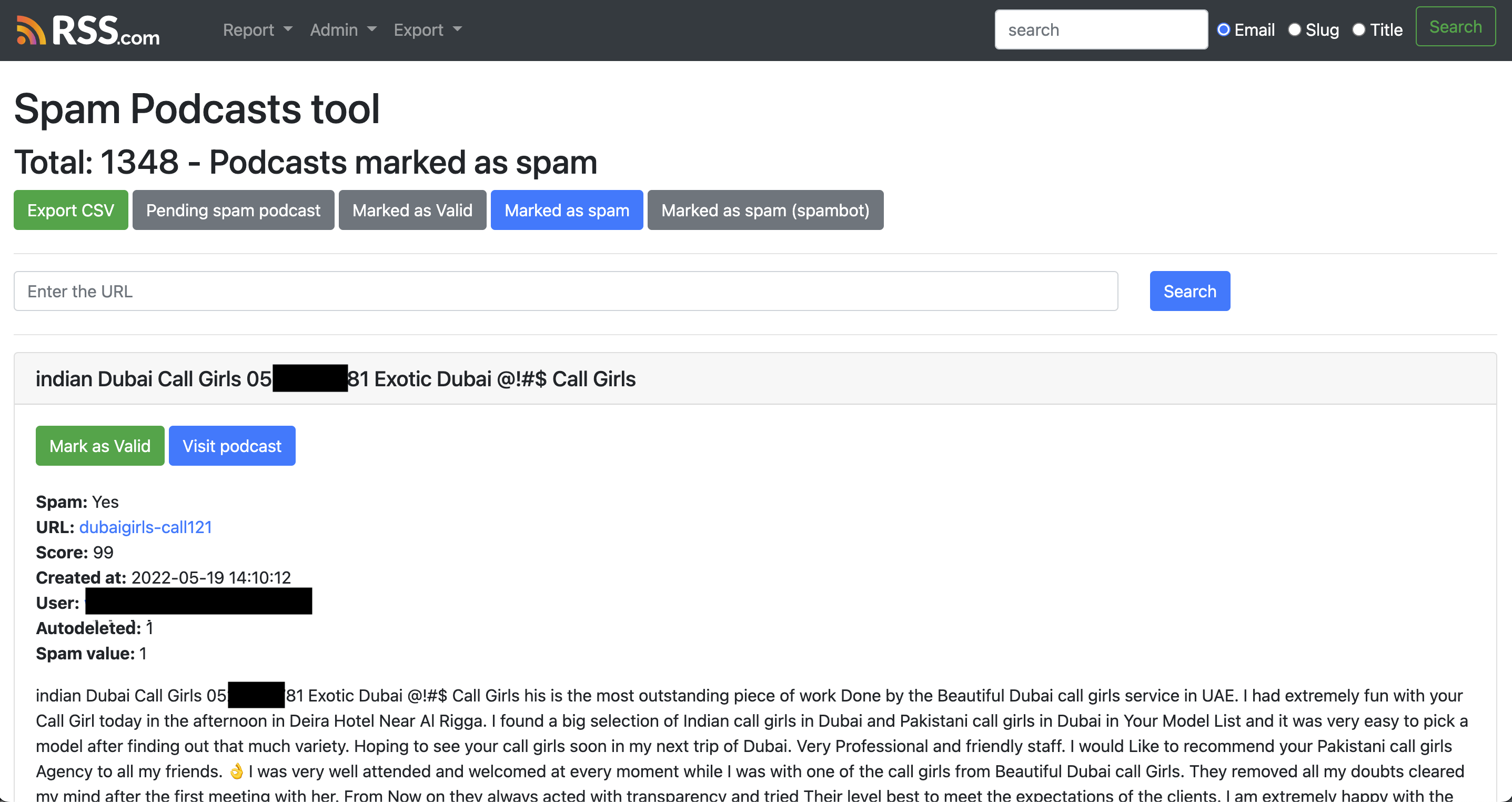Welcome to your go-to source for all things space-related. Our editorial team is dedicated to bringing you the latest news and insights from the space industry. We cover international trade shows, events, and more, providing you with up-to-date information on technical and political highlights in the field.
SpaceWatch.global TV is our video channel focused on space news, specialists and events. It offers current reports, expert analysis, and live broadcasts news relating space industries.
The Space Café Podcast’s and Radios brings our signature brand of engaging and relevant content from across the global space economy to you via an exciting format.
We want to share the most important daily content with you and are sure that it will add value to your day.
The Spacewatch.global newsletters are your gateway to the latest developments and in-depth analysis of the space industry.
Membership at Spacewatch.Global offers access to exclusive content, events, and a network of experts in the space industry. It is the valuable platform for space enthusiasts and industry professionals.
We believe that space technologies make a significant contribution to our economic and social development. We believe that international exchange and collaboration are crucial for the sector and that we need strong communication platforms to tell the stories of the industry and prove its relevance to opinion leaders and decision-makers.
The team behind SpaceWatch.Global comprises a dynamic mix of space geeks, tech junkies, space policy experts, regional space specialists and passionate writers. We fully believe that space should be used for humanity; that it enables knowledge and enriches societies.
Airbus built SEOSAT/Ingenio, the first Earth observation satellite for the European Space Agency (ESA) and Spanish government has left Madrid and is ready for final testing.
The spacecraft will now start a three month environmental test campaign which includes the Thermal Balance and Vacuum test, followed by Mechanical Vibration, Acoustic and Electromagnetic Compatibility testing. Fifty engineers and technicians from Airbus Spain will carry out all the different tests at Airbus in Toulouse.
SEOSAT/Ingenio will be transported back to the Madrid-Barajas site in mid-September where the last functional tests will be carried out. The compatibility with the ground segment and the launcher will also be verified. Once these are complete, the Qualification Acceptance Review will take place, which is the final ESA milestone and the satellite will be ready to be launched.
The launch is scheduled for the first half of 2020 onboard a Vega launcher from Kourou, French Guiana.
Once in orbit, SEOSAT/Ingenio will complete Spain’s Earth observation system, complemented by the PAZ satellite already in orbit since February 2018. Together, they will provide combined radar and optical images.
Yes, I would like to receive the selected newsletters for free.
You can unsubscribe anytime via the link in our emails or by contacting us. We respect your information. For details, check our Privacy Policy.
By clicking below, you agree to our terms, in particular the transfer of data to Mailchimp..
Credits to our wonderful worldwide creative team – Powered by ProjectWorkers.































































































